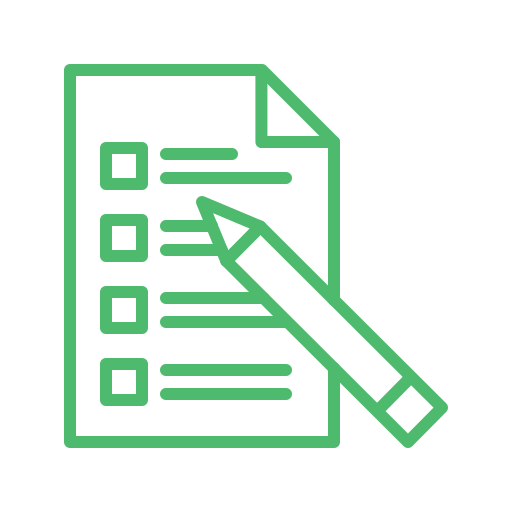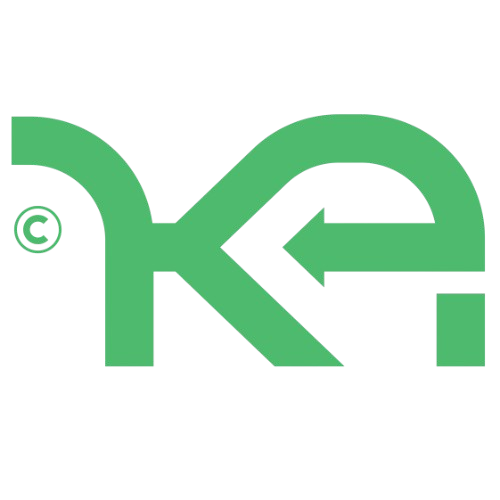Short Training Courses
Home

Services

Short Training Courses

takalief

We help you make sound financial decisions and grow your business.

Improve your accounting skills quickly
crash courses for
new accountants!
Join the most powerful courses for new accountants and gain hands-on experience in accounting, tax, and financial reporting programs.
Are you ready to enter the world of accounting professionally?
Advantages of taking the courses
- Learn the basics of modern accounting and financial reporting.
- Hands-on training on the most popular accounting programs such as QuickBooks and Excel.
- Basic understanding of taxation and accounting regulations in the UAE and Egypt.
- Improve your employability and gain practical experience quickly.
Takalief
- Introduction to accounting: principles and fundamentals.
- Main types of accounting: financial accounting, managerial accounting, and cost accounting.
- Handling daily financial transactions: how to record entries in the journal.
(QuickBooks – Odoo – SAP Business One – Zoho Books)
- Introduction to accounting software (QuickBooks, Odoo, SAP Business One, Zoho Books): setting up accounts in each system.
- Transaction entries: how to record sales, payments, purchases, and expenses.
- Financial reporting: how to generate financial reports such as income statement, balance sheet, and cash flow statement.
- Tax management: preparing VAT reports and submitting tax returns through systems like QuickBooks.
- Fundamentals of tax accounting: overview of the tax systems in the UAE and Egypt.
- Value-Added Tax (VAT): calculating VAT, preparing VAT reports, and filing VAT returns.
- Corporate tax: managing profit taxes, tax exemptions, and understanding key differences between the Egyptian and UAE tax systems.
- Core financial reports: how to create and interpret the balance sheet, income statement, and cash flow statement.
- Financial data analysis: analyzing financial ratios such as the current ratio, return on investment (ROI), and profitability ratios.
- Preparing company-specific reports: how to present professional reports to management or clients.
- SME accounting needs: managing daily transactions and preparing simplified financial statements.
- Preparing financial studies for projects: calculating project costs, conducting financial feasibility analysis, and offering financial recommendations.
- Internal controls: how to implement internal control systems to ensure the integrity of financial transactions.
- Legal compliance: ensuring adherence to local and international accounting and tax laws.
- Accounting during restructuring: managing role redistribution and cost reallocation.
- Preparing restructuring reports: creating reports showing the financial situation before and after restructuring.
How the courses work?
enrollment and learning steps

1
Choose a course
Choose the right course for you and fill out the registration form.

2
Training
Get instant access to training materials and hands-on sessions.

3
Accredited certificate
Complete the course and get an accredited certificate that increases your chances in the job market.

1
Choose a course
Choose the right course for you and fill out the registration form.

2
Training
Get instant access to training materials and hands-on sessions.

3
Accredited certificate
Complete the course and get an accredited certificate that increases your chances in the job market.
Evaluation Request Form
FAQ
Everything you need to know
about our courses
Are the courses suitable for those with no previous accounting experience?
Yes, our short training courses are designed to be beginner-friendly. No prior accounting experience is required, and our instructors guide you step-by-step through the fundamentals.
Will certificates be provided at the end of the course?
Yes, participants receive an official certificate upon successful completion of the course, which can be added to your professional portfolio or résumé.
Can I learn remotely or do I have to attend in person?
We offer both remote (online) and in-person learning options, giving you the flexibility to choose the format that best fits your schedule and learning style.
How do I pay for the course?
You can pay securely through multiple methods, including credit/debit cards, bank transfer, or online payment gateways. Full payment details will be provided during registration.







